The Research and Knowledge Exchange Office (RKEO) invite all ‘new to BU’ academics and researchers to an induction.
 This event provides an overview of all the practical information staff need to begin developing their research plans at BU, using both internal and external networks; to develop and disseminate research outcomes; and maximising the available funding opportunities.
This event provides an overview of all the practical information staff need to begin developing their research plans at BU, using both internal and external networks; to develop and disseminate research outcomes; and maximising the available funding opportunities.
Objectives
- The primary aim of this event is to raise participants’ awareness of how to get started in research at BU or, for more established staff, how to take their research to the next level
- To provide participants with essential, practical information and orientation in key stages and processes of research and knowledge exchange at BU
Indicative content
- An overview of research at BU and how R&KEO can help/support academic staff
- The importance of horizon-scanning, signposting relevant internal and external funding opportunities and clarifying the applications process
- How to grow a R&KE portfolio, including academic development schemes
- How to develop internal and external research networks
- Key points on research ethics and developing research outputs
- Getting started with Knowledge Exchange and business engagement
For more information about the event, please see the following link: http://blogs.bournemouth.ac.uk/research/research-lifecycle/developing-your-proposal/
The fifth induction will be held on Tuesday, 18th October 2016 on the 4th floor of Melbury House.
| Title | Date | Time | Location |
|---|---|---|---|
| Research & Knowledge Exchange Office (R&KEO) Research Induction | Tuesday 18th October 2016 | 9.00 – 12.00 | Lansdowne Campus |
9.00-9.15 – Coffee/tea and cake/fruit will be available on arrival
9.15 – RKEO academic induction (with a break at 10.45)
11.25 – Organisational Development upcoming development opportunities
11.30 – Opportunity for one to one interaction with RKEO staff
12.00 – Close
There will also be literature and information packs available.
If you would like to attend the induction then please book your place through Organisational Development and you can also visit their pages here. We will directly contact those who have started at BU in the last five months.
We hope you can make it and look forward to seeing you.
Regards,
The RKEO team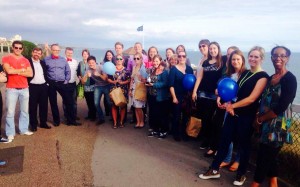
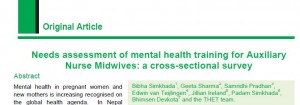

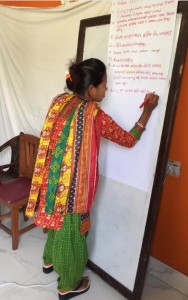

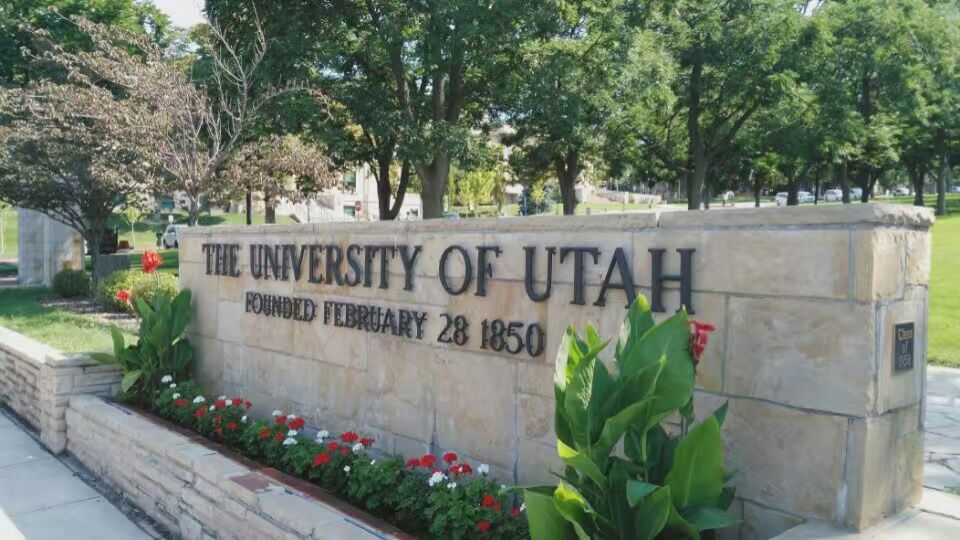
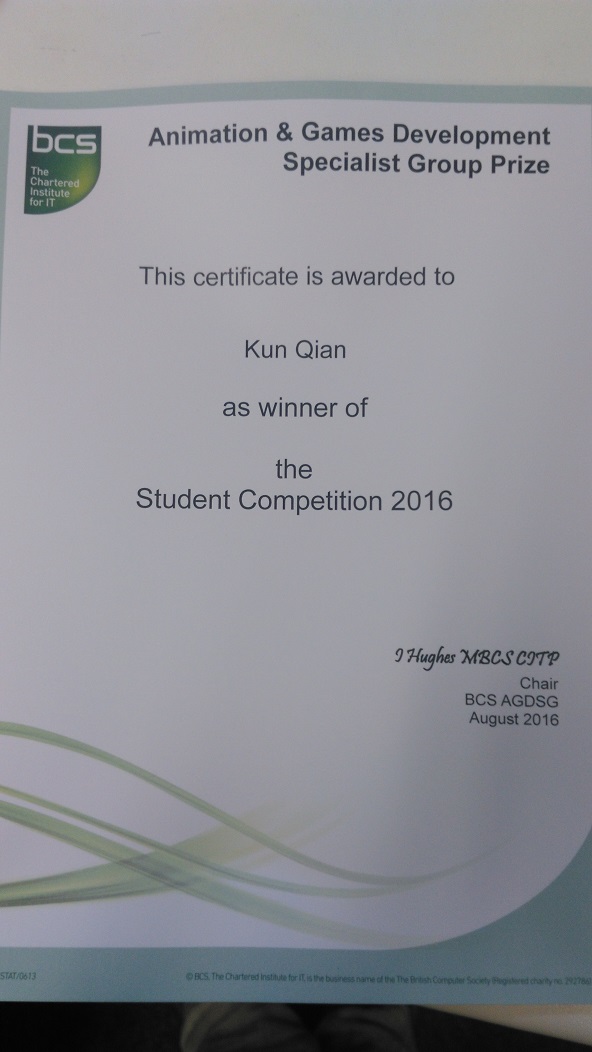
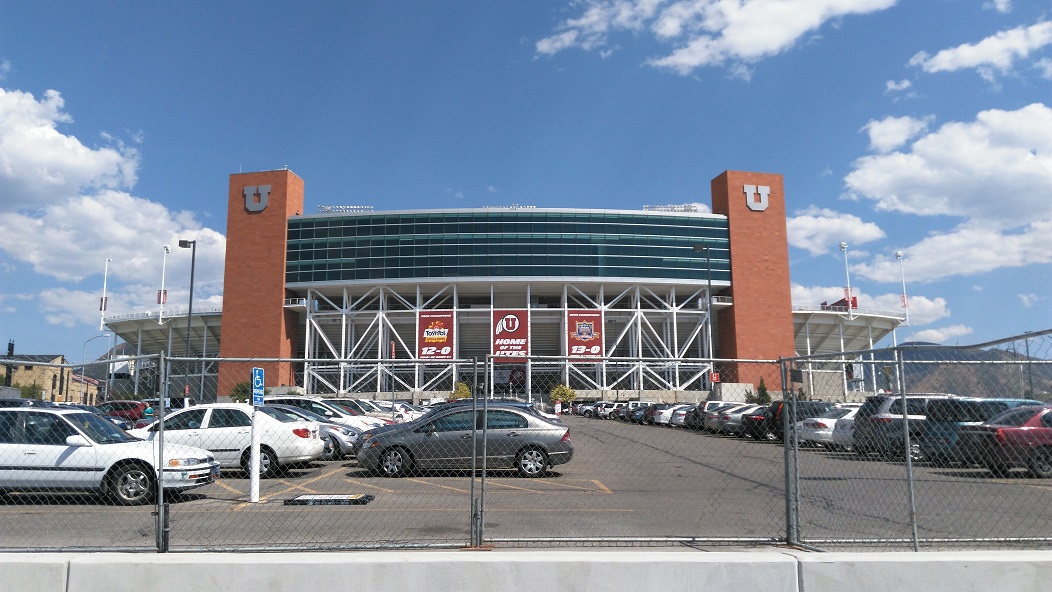
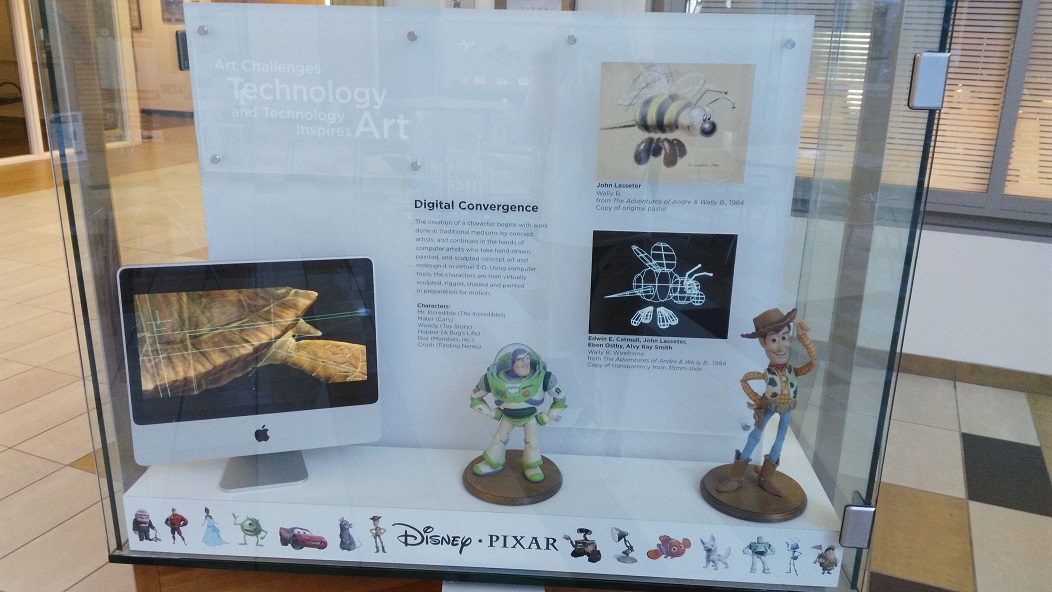
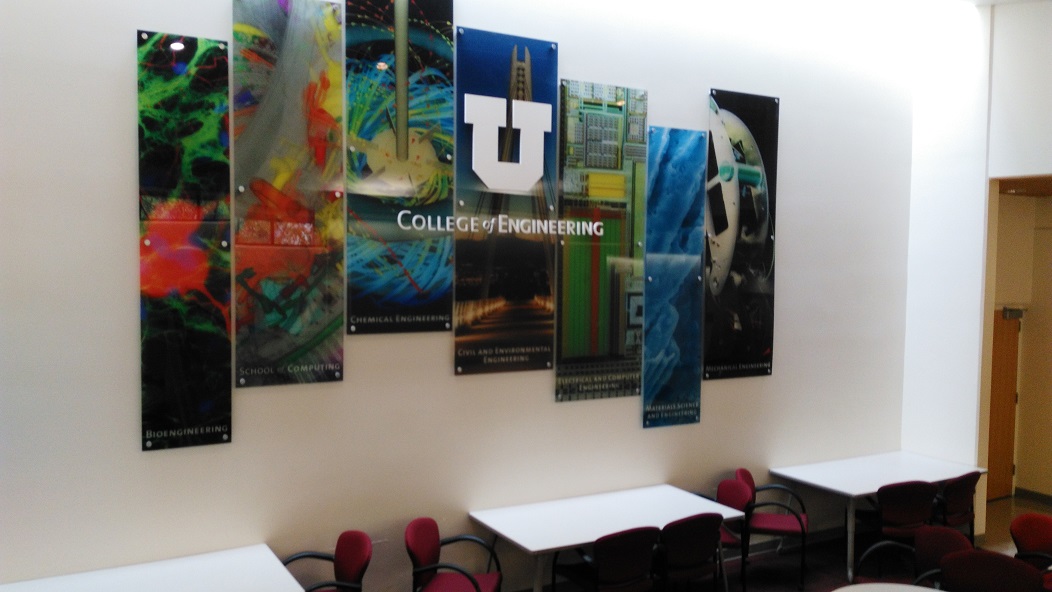
 The EPSRC is
The EPSRC is 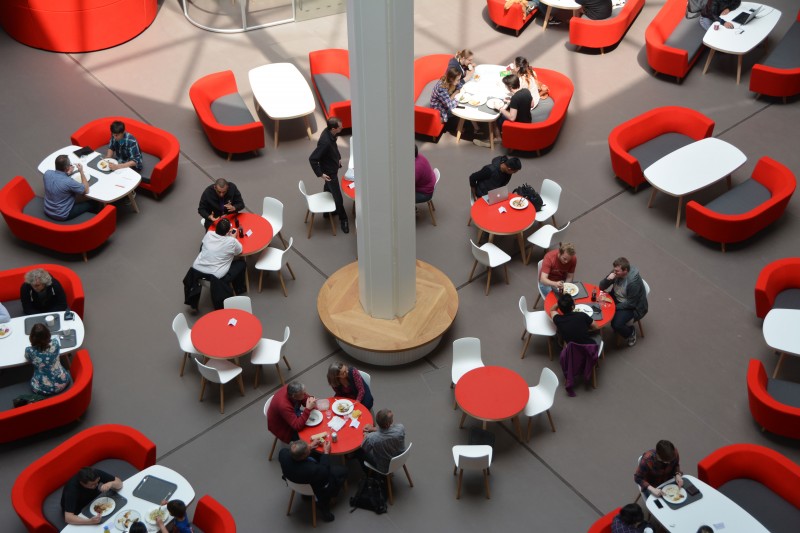
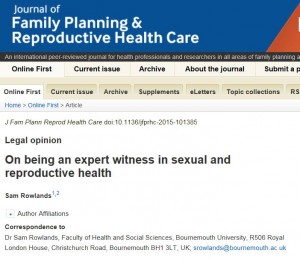
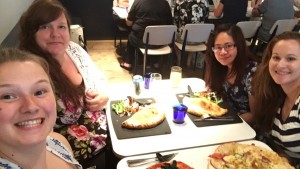
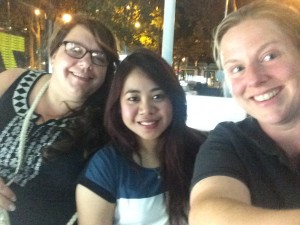
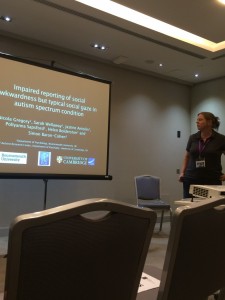













 BU paper among top 20 most cited papers
BU paper among top 20 most cited papers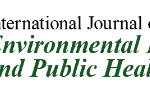 Nepal migrant workers returning from India
Nepal migrant workers returning from India New BU midwifery publication
New BU midwifery publication MSCA Postdoctoral Fellowships 2025 Call
MSCA Postdoctoral Fellowships 2025 Call ERC Advanced Grant 2025 Webinar
ERC Advanced Grant 2025 Webinar Horizon Europe Work Programme 2025 Published
Horizon Europe Work Programme 2025 Published Horizon Europe 2025 Work Programme pre-Published
Horizon Europe 2025 Work Programme pre-Published Update on UKRO services
Update on UKRO services European research project exploring use of ‘virtual twins’ to better manage metabolic associated fatty liver disease
European research project exploring use of ‘virtual twins’ to better manage metabolic associated fatty liver disease